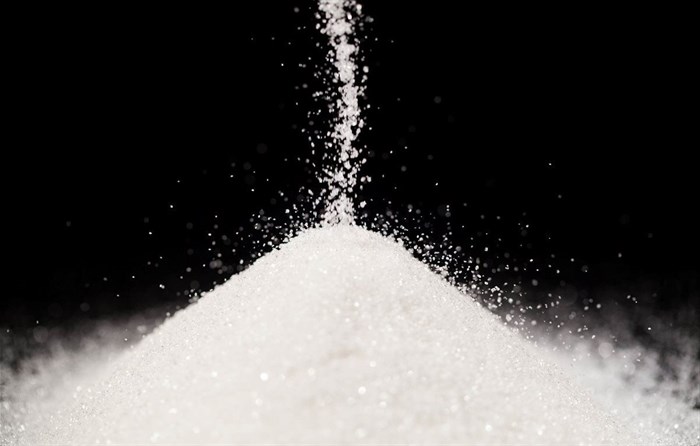
Subscribe & Follow
#AfricaMonth
In the news
Load shedding could cost sugar industry more than R723m

Loadshedding affects 1,135 irrigated growers who employ more than 10,000 workers. An estimated 34% of South Africa’s sugarcane is produced in irrigated areas including Komatipoort and Malelane in Mpumalanga, and Pongola in KwaZulu-Natal.
Growers are expected to incur more than R189m in additional energy costs in 2023 on account of the disruption to irrigation schedules. Most irrigated growers in KwaZulu-Natal and Mpumalanga operate on a Ruraflex system which allows them to pay a lower tariff for operating during low-demand times. But the converse also applies – growers pay a significantly higher rate for pumping during peak demand times. As a result of load shedding, growers have been forced to irrigate whenever electricity is available, regardless of demand.
In addition to the increased energy cost, growers also face yield losses as they have fewer hours of continuous energy supply. Growers need a minimum of 6 hours of constant energy for proper irrigation. As a result of the intermittency of the power supply, disrupting irrigation, irrigated growers will lose up to 40% water capacity.
Long-term implications
The association's scenario modelling shows that an escalation to stages 6-8 could cost the industry more than R1,8bn. Anything beyond stage 8 could cost the industry more than R2,4bn.
The continuation of load shedding without any arrangement to enable irrigation will also have long-term implications. Sugarcane stalks left in the ground can produce cane for up to 10 years. Insufficient irrigation not only reduces cane quality and causes yield losses, but it will also lead to increased stool mortality, significantly shortening the lifespan of the cane.
Growers face significant headwinds
The milling giant Tongaat Hulett was placed under business rescue in October 2022 and remains in that process. Meanwhile, the industry faces an increase to the destructive Health Promotion Levy (the sugar tax) when Minister Godongwana delivers his Budget Speech next month.
The association has appealed to Eskom and government to help the industry in particular and the broader agricultural sector find urgent solutions to mitigate the impact of load shedding. Some of the short-term measures the associations has asked government to consider include restricting load shedding to stage 4 in irrigated cane growing areas during peak watering season; diesel rebates for growers utilising generators; and tax rebates for those investing in alternative energy sources.
Related
Flash Gala surpasses one million cartons as South African apple exports gain ground 16 May 2025 Global shifts in focus as Nampo 2025 champions farm resilience 14 May 2025 From the ground up: How soil health unlocks greater yields for small-scale farmers 12 May 2025 China bans South African beef imports amid FMD outbreak 12 May 2025 South Africa's wine industry shines with 2025 vintage 8 May 2025 Western Cape renews MoUs to support new farmers 7 May 2025










